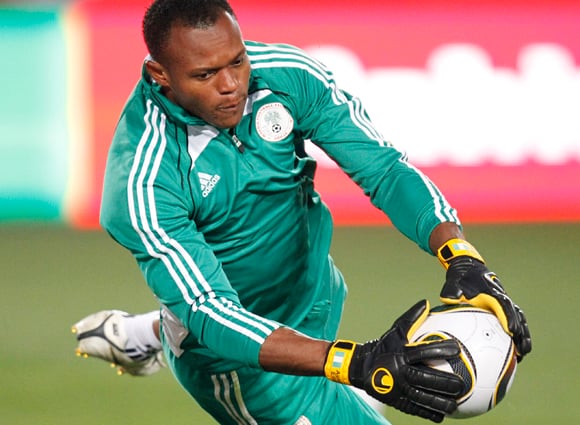There is no question that individual companies who are already well-placed in African markets will benefit from the increased attention on Africa as a result of the World Cup -- but these stocks may get more of a boost than others.
As soon as South Africa was named the host of the 2010 FIFA World Cup, expectations of what this would mean to the South African economy ran high. The fact that it was going to benefit the economy significantly was a given. The international business advising firm Grant Thornton predicts that the World Cup could add 0.5%, or $1.4 billion, to South Africa's GDP ($277 billion in 2009), or one-sixth of the total 3.0% increase forecasted for the year. Thanks to government investment in new stadiums and transportation infrastructure beginning in 2006, and the resulting multiplier effects, the total effect from hosting the World Cup on South Africa's economy, according to the May 13 The Economist article should be around $12.4 billion.
There is no question that individual companies who are already well-placed in African markets will benefit from the increased attention on Africa as a result of the World Cup.
SAB Miller Ticker:(SBMRY) is at the forefront of these companies, with a near 90% share of the beer market in South Africa. It will benefit from the surge in tourism to South Africa and increased visibility as a result.
A second example is MTN Group Ticker:(MTNOY), which is the largest telephone operator in Africa, and is in a good position to benefit from increasing telephone traffic as a result of the event. Both companies are official sponsors of the World Cup and trade as ADRs available to US investors.
Looking at the longer-term picture, hosting the World Cup has required South Africa to make significant investments to make sure that the fans attending the games can get to the matches efficiently, view the matches in world class stadiums, and have plenty of activities between matches. So far, the South African government has spent $4 billion – roughly $2 billion on improving existing stadiums and building new ones, with another $2 billion spent on transportation and communication infrastructure. Other sectors, such as the hotel and automotive industries, also have been gearing up to house and help transport the influx of soccer fans.
Will the investment be worth it? Germany, the last host of a World Cup, also thought that its GDP would increase by 0.5%, but it realized only a 0.25% boost. However, the projections on which the investments have been based were made before the global recession. How the recession will affect the World Cup remains to be seen. Originally Grant Thornton predicted around a half million visitors, but now expectations range from 200,000 to 370,000. Each visitor's length of stay and spending also is uncertain. Given that all studies of the economic effect of hosting large sporting events say that the final results are less than anticipated, the eventual return on South Africa's investment most likely will not meet expectations.
Yet there will be some immediate and long term benefits. In the near-term, the hotel, motor vehicle and retail industries will see increased revenues. And because FIFA has given out licenses to 38 South African licensees to make products for the World Cup, some manufacturing sectors will benefit as well. The stadiums can be used for future large sporting events (South Africa in the past has hosted such events as the Rugby World Cup). Intra-city transportation will be improved, particularly between The OR Tambro Airport, Johannesburgh and Pretoria, thanks to the completion of the high speed rail line, the Gautrain and other general improvements in transportation infrastructure. Finally, tourism, which has long been a South African staple, will also benefit, both by improvements in transportation and the residual positive effects that so often accrue to the host of a major sporting event.
This lingering positive effect deserves greater attention. Hundreds of millions of eyes will be focused on South Africa during the World Cup, many of them seeing the country for the first time. If, as is far too common, they expect to see a poor, struggling, diseased and divided place, they will be surprised. Instead, they will likely notice a vibrant, efficient and capable South Africa that is progressing culturally and economically. Onlookers will see a South Africa that can initiate and manage large investments, and ultimately a country that is a good place in which to invest. If by hosting the World Cup South Africa can dispel these misperceptions, it will go a long way in changing peoples' attitudes about South Africa and, perhaps, the continent of Africa in general. Hosting the World Cup improved Germany's image at a time it was struggling. If history is a guide, South Africa's image also will improve, which could be a significant building block for future investment and growth.
Larry Seruma is chief investment officer and portfolio manager at Nile Capital Management, LLC.







